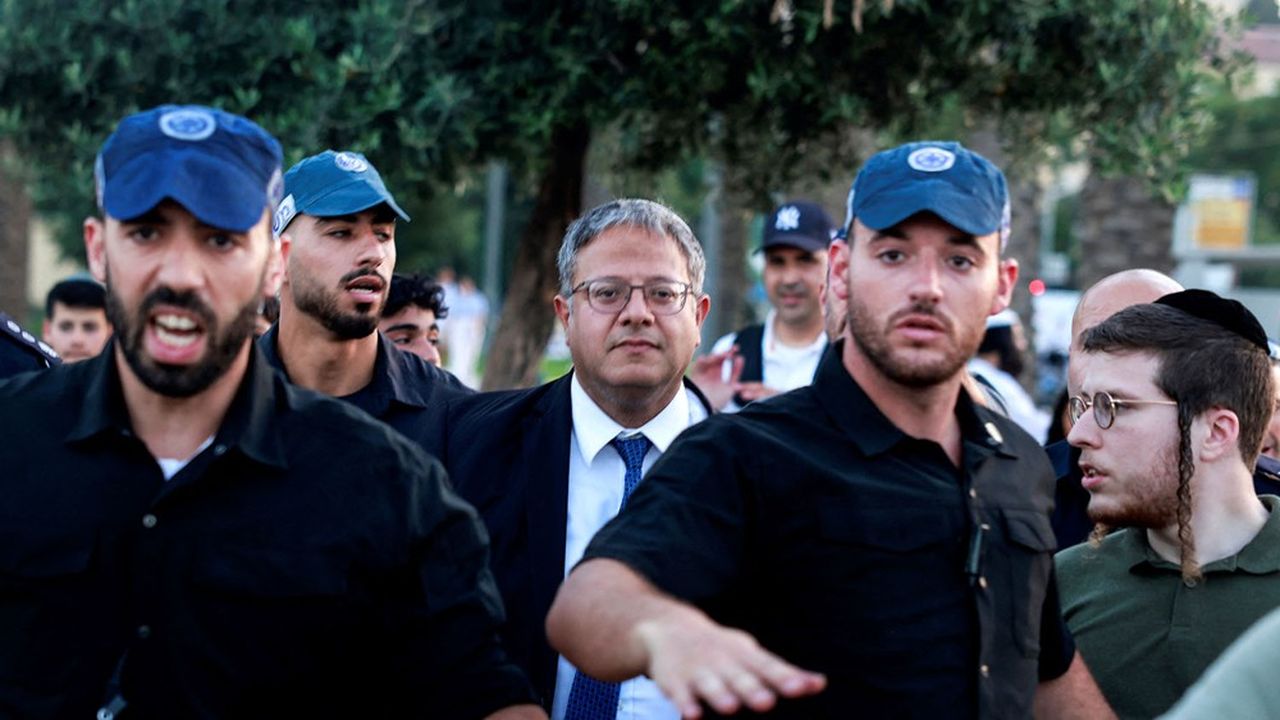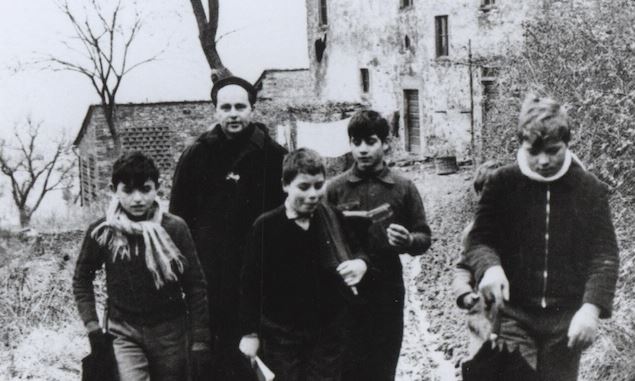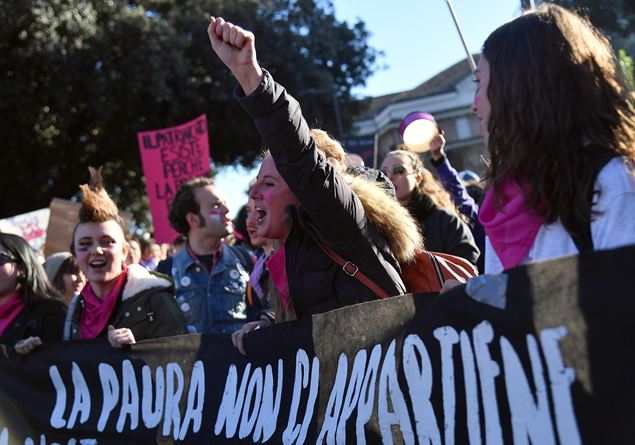
Benjamin Netanyahu has found it increasingly difficult to control his far-right allies who are putting him under pressure. Itamar Ben Gvir, the national security minister and leader of an ultranationalist party, openly challenged his authority by proclaiming this week that he favors building a synagogue on the Temple Mount, Judaism’s holiest site in Jerusalem’s Old City. The site spans the Esplanade of the Mosques, Islam’s third holiest site after Mecca and Medina.
Such a move would be a flagrant violation of the status quo in one of the most sensitive places in the world. These clear rules of the game were established following Israel’s conquest of the Arab part of the holy city in the 1967 Six-Day War. In order to avoid a holy war, the status quo stipulates that Muslims have the right to hold prayers on the Esplanade.
Non-Muslims, including Jews and Christians, are allowed to enter the compound at certain times of the day through one of the many gates, but they are forbidden from praying there. Itamar Ben Gvir, who is in charge of the police, is supposed to enforce this rule. But not only does he refuse to do so, but he has put his words into action by coming to pray openly with dozens of his supporters last month.
“Dangerous arsonist”
Faced with this challenge and the explosive statements of his minister, Benjamin Netanyahu was content to recall that Israel continued to respect the status quo, without naming Itamar Ben Gvir, in order to spare him, while the latter directly calls into question the authority of the head of government. Yoav Gallant, the Minister of Defense, on the other hand, did not mince his words in criticizing his colleague “who threatens the national security and international status of Israel.” The centrist and left-wing opposition hastened to denounce Netanyahu’s “weakness” in the face of Itamar Ben Gvir’s forceful actions.
More surprisingly, the two ultra-Orthodox Jewish parties that are members of the majority have called Ben Gvir a “dangerous arsonist,” to the point of publishing on the front page of “Yated Neeman,” one of their daily newspapers, an article in Arabic to condemn the minister “who endangers the inhabitants of the Holy Land.” The vast majority of ultra-Orthodox rabbis formally forbid their flocks from going to the Temple Mount, destroyed in the year 70 by the Romans, for fear of desacralizing the site where the Ark of the Covenant was located.
Threats of early elections
There is widespread indignation in the Muslim world, particularly in Saudi Arabia, which has denounced this “provocation”. Despite this internal controversy, which is rocking the government, and the international condemnations contributing to worsening Israel’s isolation in the world, Netanyahu refuses to take the slightest sanction against Itamar Ben Gvir.
With his six deputies (out of a total of 120 in the Knesset), this settler residing in the West Bank is able to deprive the government of a majority in parliament and to provoke early elections, which the Prime Minister does not want to hear about in view of the unfavourable polls. Itamar Ben Gvir, on the contrary, is riding on polls which promise him to practically double the number of deputies of his party.
To illustrate Benjamin Netanyahu’s “complacency”, radio and television stations did not fail to broadcast an interview dating from 2020 on the eve of previous elections, during which, questioned about a possible alliance with Itamar Ben Gvir, he rejected this scenario. At the time, Netanyahu justified his categorical refusal by putting forward the argument that Ben Gvir demanded, as the price of his rallying, the right of Jews to pray on the Temple Mount. “An unacceptable demand even at the price of power,” he replied. The Prime Minister is, for the moment, only resisting one demand from Itamar Ben Gvir, by refusing him a seat in the war cabinet.





